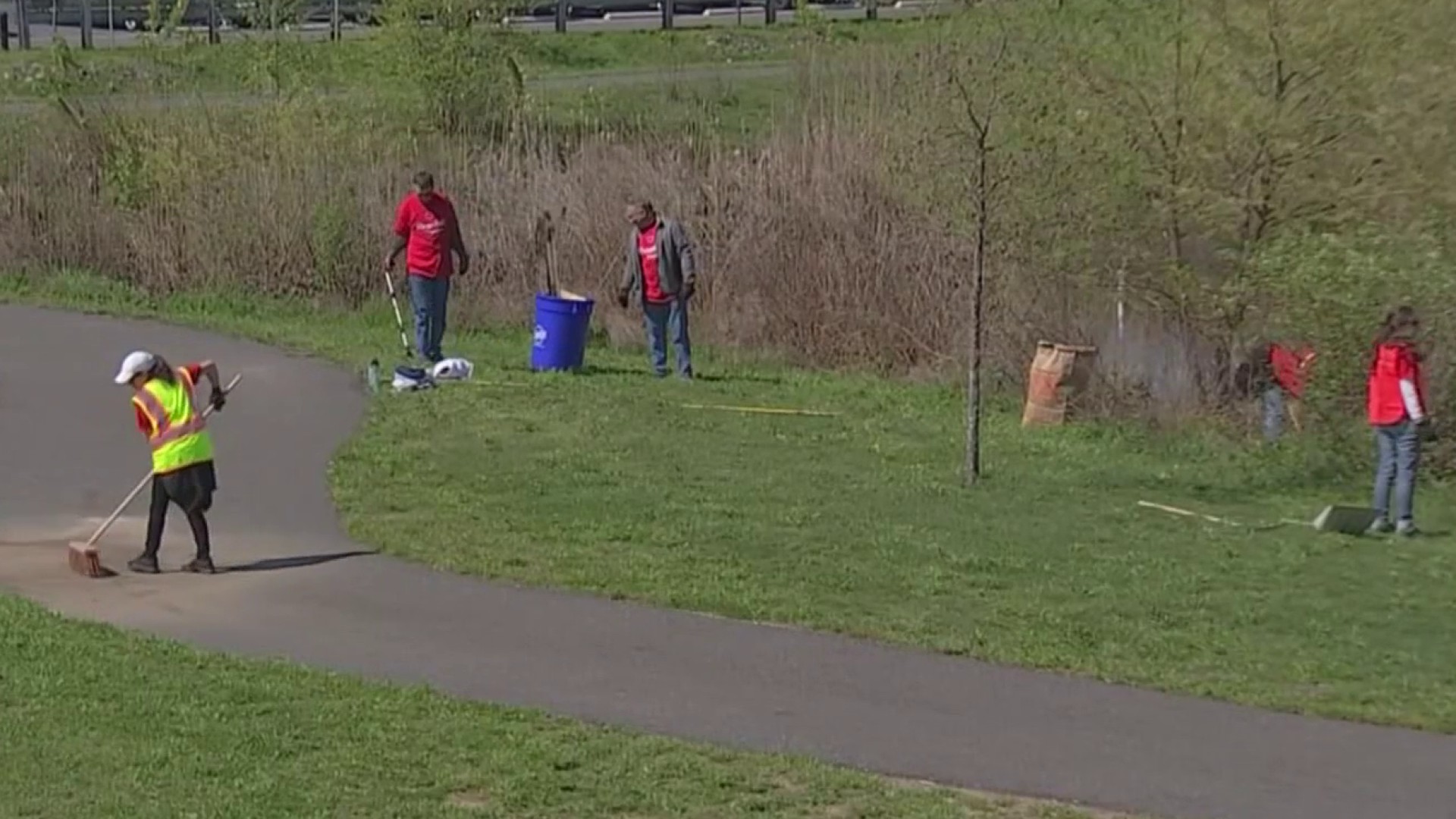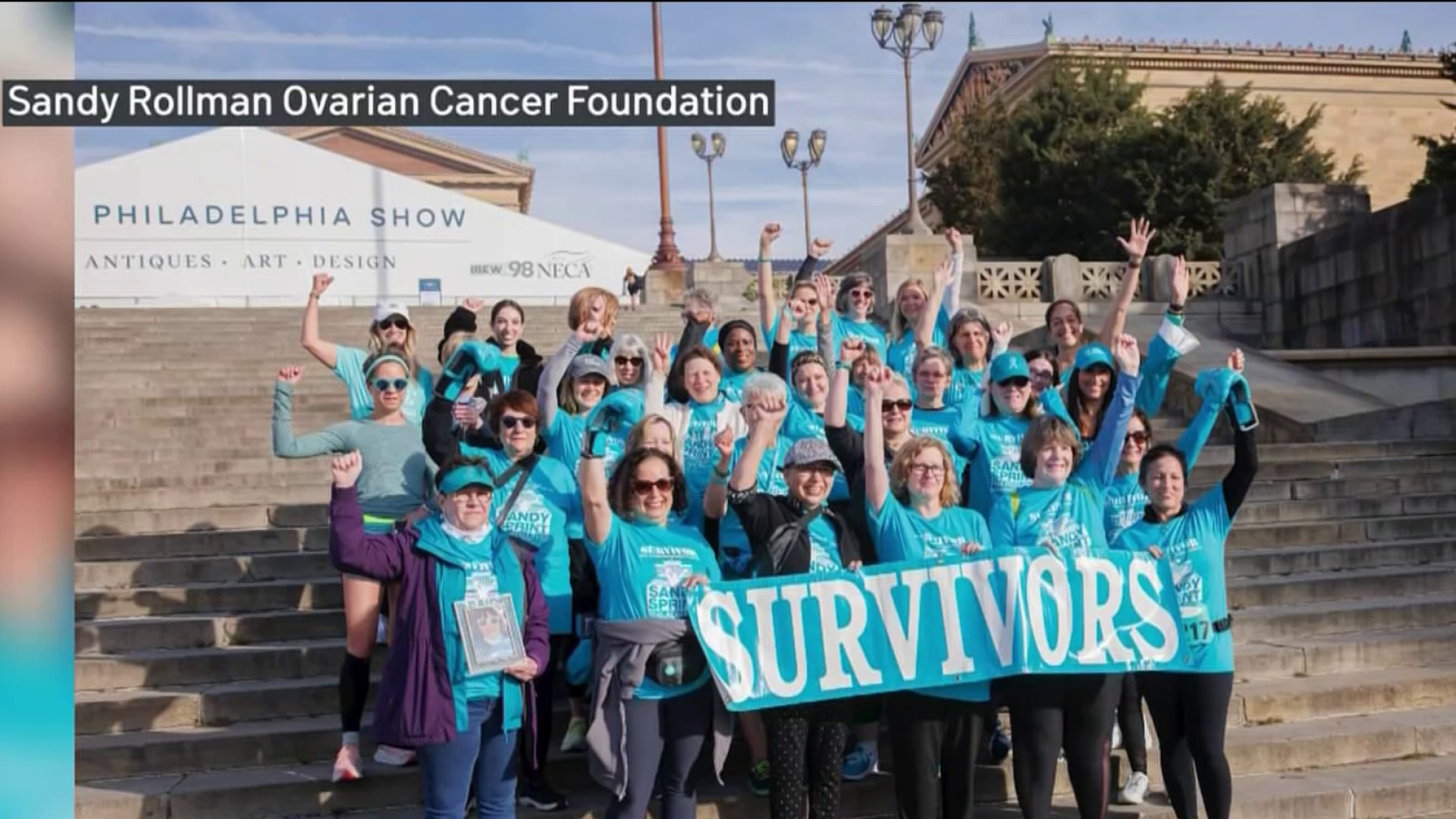Some of the state's coroners, often in less-populated, more rural counties, are thwarting efforts to gather drug overdose data needed to fight its heroin and opioid epidemic, a federal prosecutor said Wednesday.
More than 3,500 people are known to have died from drug overdoses in Pennsylvania last year, most linked to heroin or opioid painkillers, and even more are expected to die this year, U.S. Attorney David Hickton said.
He spoke at a news conference on a report by the University of Pittsburgh Institute of Politics. The institute is working with his office, which heads a working group including law enforcement, medical and drug treatment experts and families affected by addiction, to come up with strategies to prevent opioid abuse and overdoses.
The report champions a "continuum of care'' response to the opioid problem that focuses on addicts and tries to get them into treatment at every available opportunity, not just on prosecuting dealers.
The report's top recommendation is to improve real-time data on fatal and non-fatal overdoses so law enforcement and medical officials can respond rapidly to areas experiencing a rash of overdoses.
Hickton, who co-chaired the National Heroin Task Force established by the U.S. Department of Justice and the White House Office of National Drug Control Policy, also has worked with the FBI to better track overdoses through a fusion center about 20 miles north of Pittsburgh, where agents review real-time reports on overdoses filed by law enforcement and emergency responders.
But Hickton said too many coroners and medical examiners _ he didn't name or number them _ aren't turning over timely data, and he threatened "legal action ... if we can't get this data.''
Local
Breaking news and the stories that matter to your neighborhood.
Hickton praised Allegheny County Medical Examiner Dr. Karl Williams, whose jurisdiction includes Pittsburgh, and authorities in Washington and Westmoreland counties, the two most populous border counties, for their data-gathering.
Westmoreland County Coroner Kenneth Bacha, the assistant secretary/treasurer of the Pennsylvania State Coroners Association, said his office does everything it can to cooperate with Hickton's efforts. But he also has a large enough staff that a deputy coroner on the midnight shift can spend time crunching the numbers Hickton and Pitt need.
He said smaller coroner's offices can't do what he does as a full-time coroner with several full-time staff members.
"And a lot of them even have full-time jobs on the side,'' as funeral directors or paramedics, Bacha said.
Another problem is the lack of a uniform reporting system for death investigations. State paramedics have a uniform trip sheet, which uploads patient treatment information in real time to state officials, including the Department of Health, Bacha said.
"But some of these smaller coroner's offices, they don't even have a computer, let alone the other technology to do that,'' he said.
Finally, a lot of coroners aren't comfortable issuing anything but final causes of death.
Bacha's office reports overdoses confirmed by toxicology tests but also reports "possible'' overdoses based on drug paraphernalia or other evidence while toxicology tests are pending.
Many smaller coroner's offices "aren't going to call it an overdose until they know it's an overdose, and that may take three or four weeks for the toxicology to come back,'' Bacha said.



